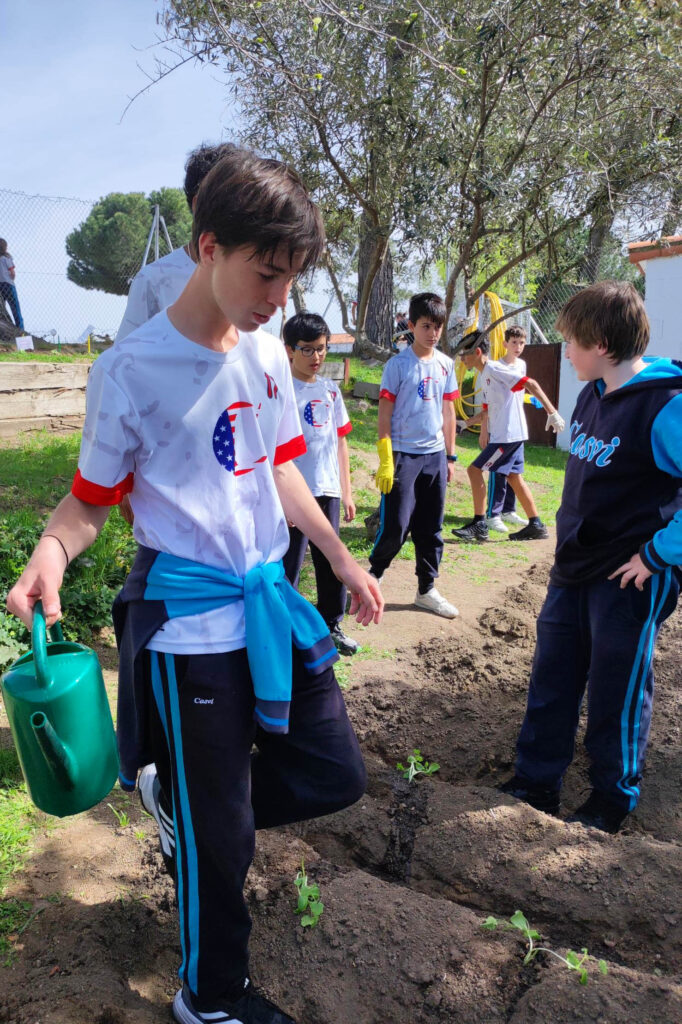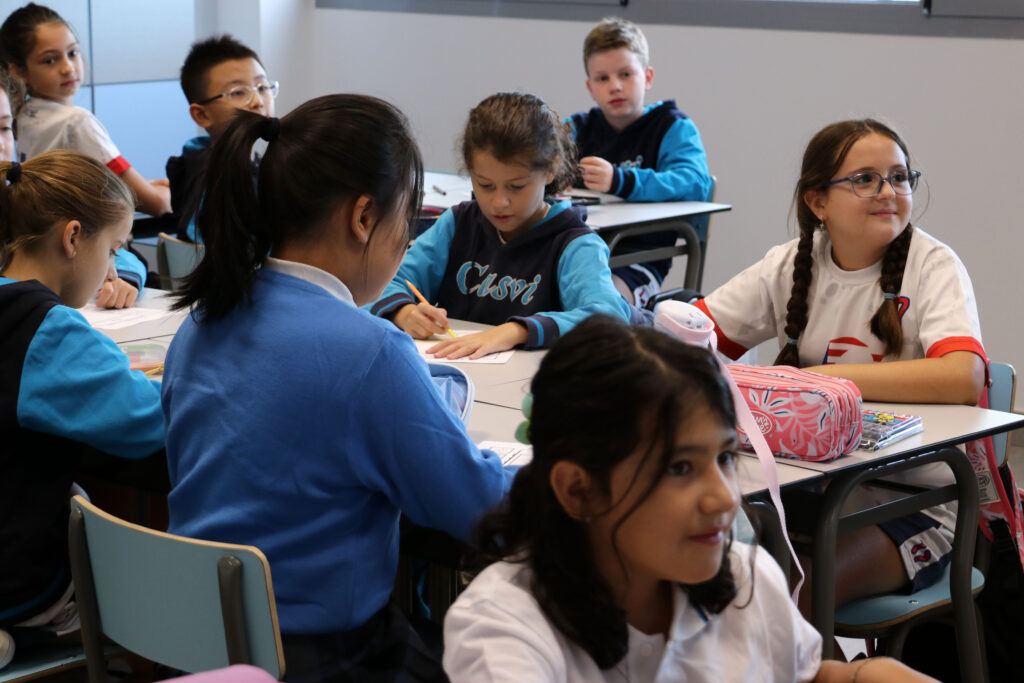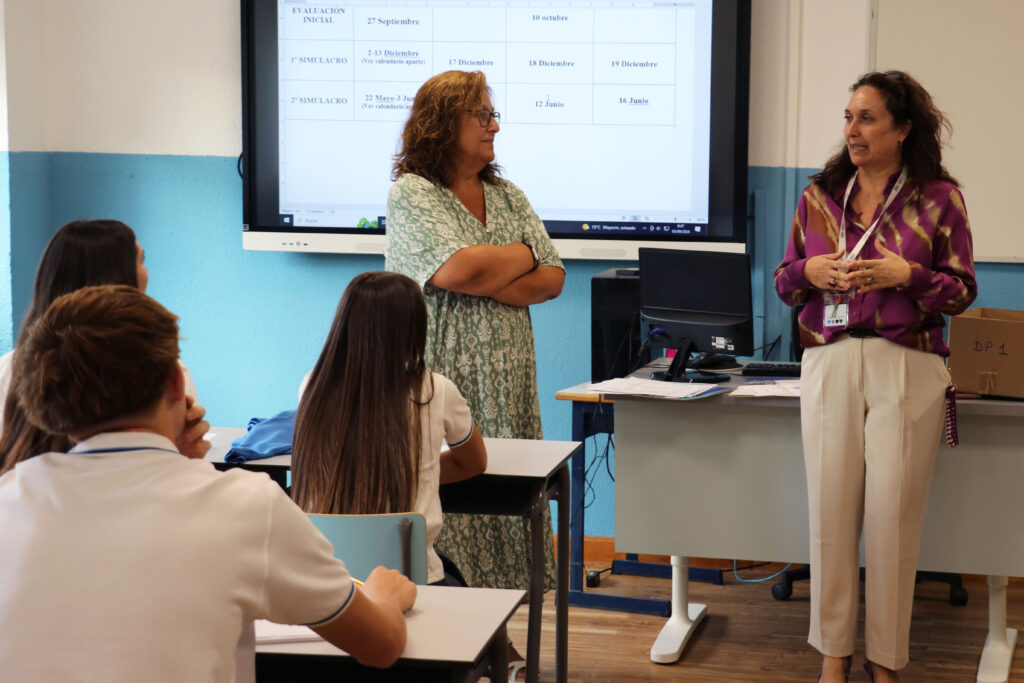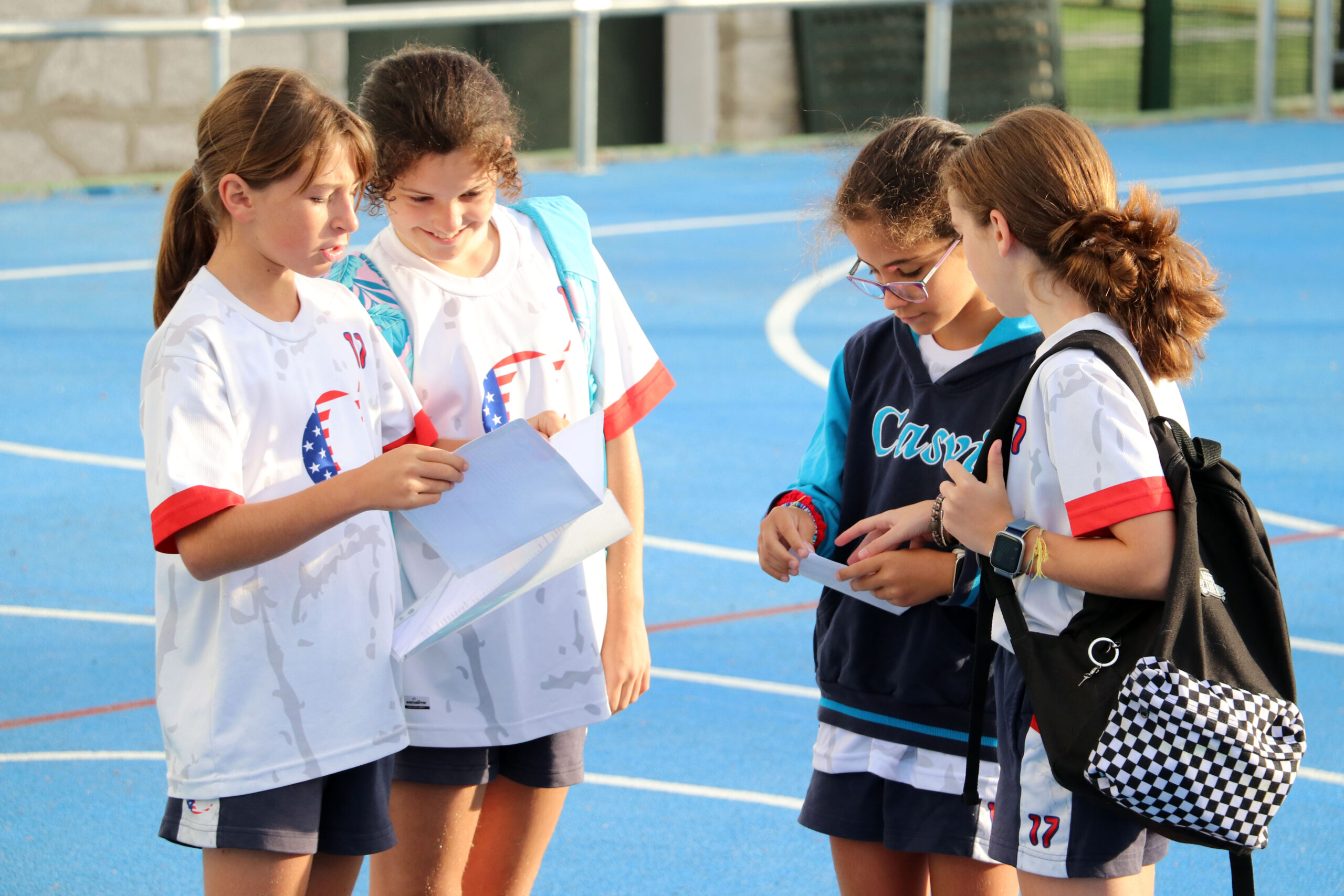We explain the 8 challenges of education today. Major educational challenges faced by today’s education systems in order to train the future citizens of the world.
Challenges of education today
The old learning models are no longer enough. The current situation demands a new educational change, being essential to attend to different educational strategies to face the following challenges of education:
1. A world in constant change
Over the past few decades, education has changed by leaps and bounds from one generation to the next. For example, while years ago teaching consisted primarily of memorizing and copying new information by hand, today, digital platforms such as iPads are increasingly replacing the pen, while the student’s reasoning takes precedence over rote learning. However, it is not only necessary to adapt education to the present, but also to the future.
We live in a world in constant change, so that today’s children and adolescents will find a completely different work scenario than the current one. One of the main challenges of education is therefore to be able to educate with a view to a different future. But how can we know what future awaits children?
Today’s generations are already experiencing rapid change, so one of the school’s challenges is to educate for uncertainty. Según Albert Sangrà, catedrático de Educación y profesor de los Estudios de Psicología y Ciencias de la Educación de la UOC, la educación no debe consistir tanto en transmitir conocimiento y que los alumnos lo acumulen, sino en enseñarles a solve new and uncertain problems. In this way, they can be better prepared for an uncertain future.
2. Educating for sustainability
Another major challenge for education is to educate on the basis of a sustainable society. Education has a very important social component, and teaching respect for the environment is no longer a reality, but an obligation in order to face future environmental crises.
Motivating social and environmental contents in children’s education is one of the ways to educate in sustainability. Linking the school with the natural environment, educating with sustainable values and sharing experiences are some of the essential traits to achieve educate towards sustainability and overcome this challenge.
3. Fostering social and creative skills
We must provide children with the resources they need to adapt to the future that lies ahead, however uncertain it may be. One way to do this is to foster their social and creative abilities.
Social skills are key to adapt easily to different work environments, being able to work with anyone, anywhere, anytime. Author Richard Gerver states that we are born creative. Creativity is part of our natural intelligence, a characteristic that differentiates human beings from other species. However, from the age of five, we start to direct children, ordering them what to do, how, when… All this hinders the creativity pathways, so it is necessary to continue encouraging their creativity within their learning process.

4. Emotional education
Mental health is one of today’s major concerns that has been given its deserved importance. It is no longer enough to have a job and a stable situation, since mental stability is really important to develop any work task or to combine our professional life with our professional life.
One of the main objectives of education is that each person can achieve a state of social and emotional well-being. For this reason, teacher training programs should devote greater attention to emotional competencies.
5. Technology as an educational tool
Technological tools have been a part of education for quite some time now, but even so, there is still a need to keep renewing technology in the classroom as technology advances.
Students must adapt to new technological resources and know how to use them during their learning. In turn, teachers must be qualified to train young people capable of taking advantage of technology.

6. Global and multicultural education
We live in an increasingly globalized world with a greater mix of cultures and nationalities. Another challenge for education is to educate children and adolescents to develop an open and global mindset so that they will be able to live in an international environment in the future.
One of the ways to meet this challenge is through education based on the international curriculum., an international education system that we have at CASVI International American School. In addition, this system opens the doors to study in the best universities around the world.
7. Empowering talent in a competitive world
The ultimate goal of education is for students to be able to use their full potential to meet all the challenges that lie ahead. To achieve this goal, it is essential that education be varied and flexible so that it allows the student to actively participate in his or her own learning process.
Each student is unique and different. They have their own interests, flaws and abilities, so encouraging each one to follow their motivations, passions and talents is fundamental to their education.
8. Educating the citizen of the 21st century
In short, education is based on training citizens, capable of living together in an inclusive society that will need entrepreneurs, creative, critical, computer scientists and doctors.
The society of the 21st century is diverse, so there is no single right path to follow in education. The ultimate challenge of education is to ensure that students find their vocation, passion or talent and develop it to the fullest. But above all, to train them as people to be able to live in society.
How do we meet these educational challenges at CASVI International American School?

- Creativity: Through steam classes, arts and crafts, inquiry units…
- Sustainability: We have a school garden in which both teachers and students of all ages contribute. Students are taught to be responsible for the world around us and to be sustainable.
- Psycho-pedagogical support: We have a counseling and psycho-pedagogical department that helps and supports students in managing their emotions and in vocational orientation.
- Technology: We have state-of-the-art technology such as electronic whiteboards in all classrooms, iPads, and computer rooms.
- We follow an international curriculum: International Baccalaureate Methodology in all stages from the age of 3 so that students learn to inquire and acquire fundamental values for their future. All of this, within the American curriculum. In addition, we have students and teachers of more than 30 different nationalities.

